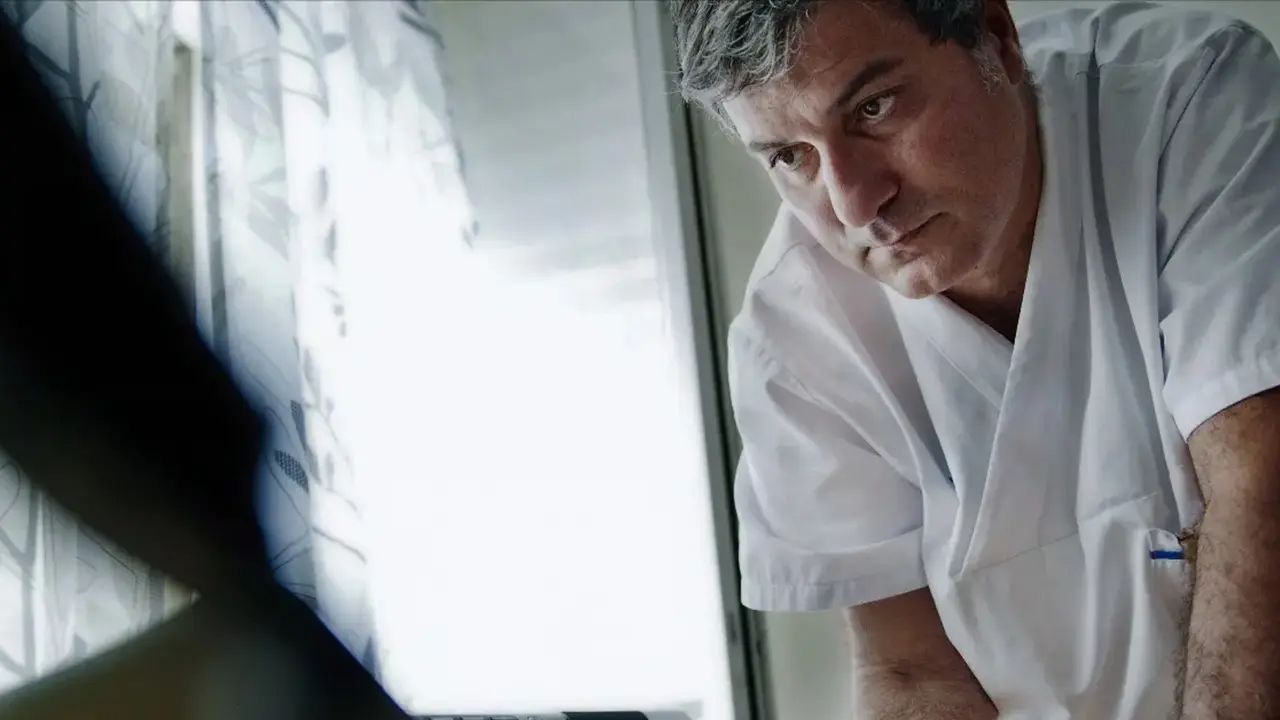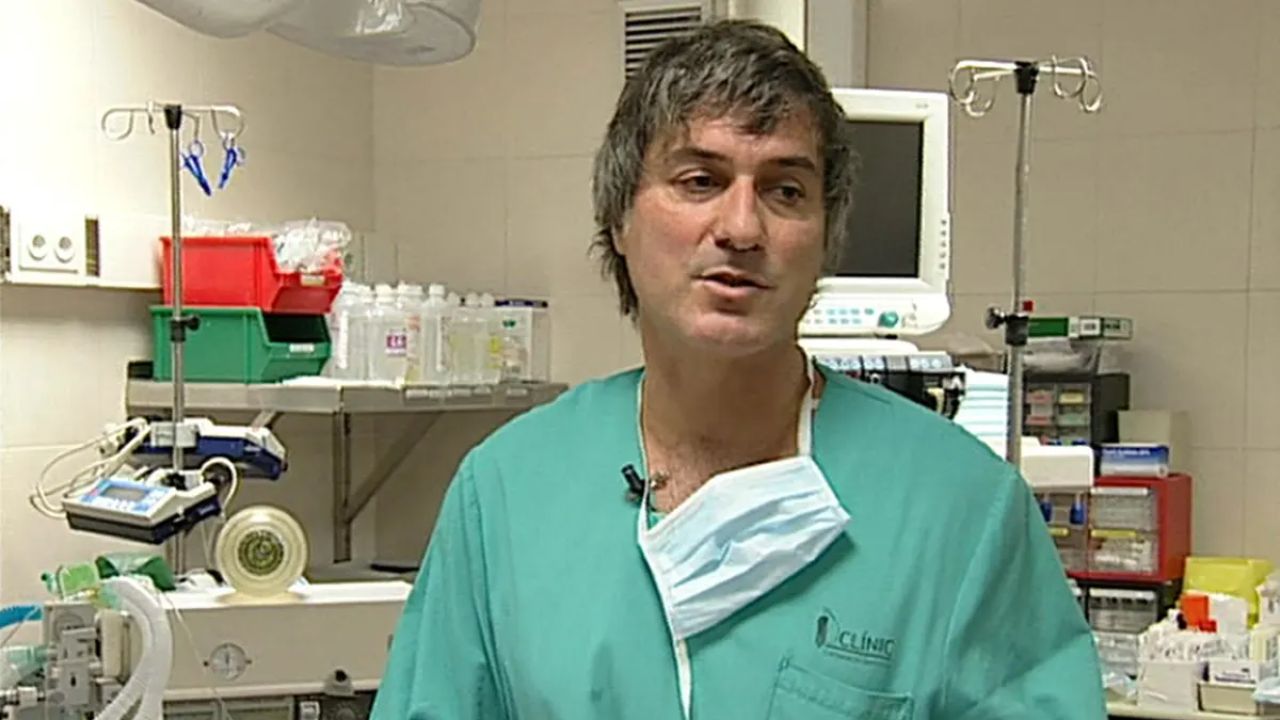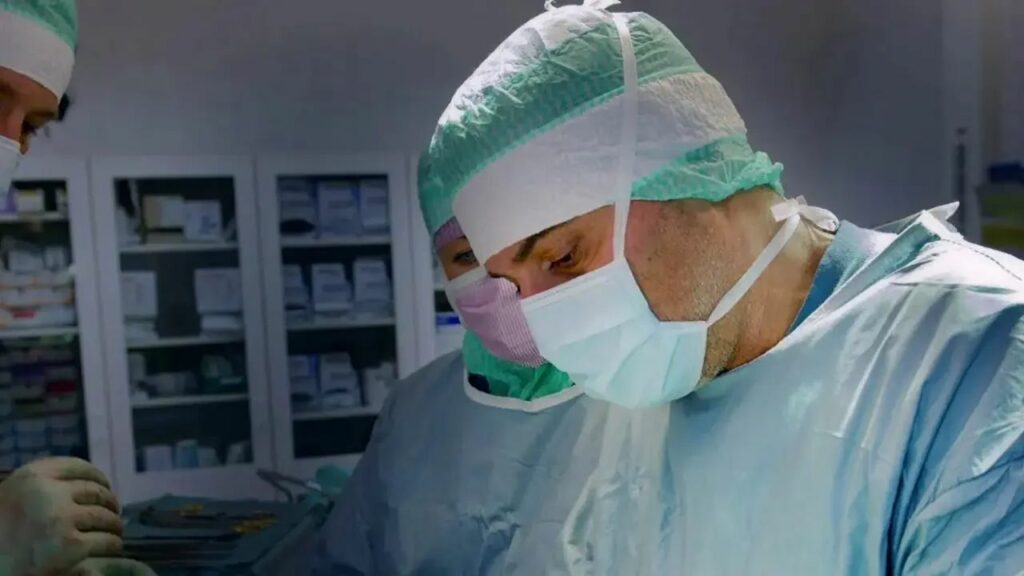Yes, Bad Surgeon: Love Under the Knife on Netflix is based on the true story of Swiss-Italian surgeon Paolo Macchiarini. The docuseries goes into detail on how his alleged research took the lives of his patients as well as how he conned people claiming he had connections with many of the powerful personalities.
Bad Surgeon: Love Under the Knife on Netflix tells the story of Dr. Paolo Macchiarini, a talented and well-respected surgeon who was rumored to be related to celebrities and prominent figures such as the Pope and Barack Obama. There was only one problem with his high-ranking position in society and seemingly flawless life: his patients were dying continuously.
Ben Steele, the Emmy-nominated director, delves into the man’s life, unearthing some disturbing secrets along the way, and follows the criminal actions taken against him as a result of his work. The Netflix series raises issues about the medical industry and provokes uneasiness, as we realize that we put our trust in doctors and never consider that the procedure they are about to undertake could have fatal consequences.
On the other hand, we have found that many people have been curious to know if Bad Surgeon is based on a true story. Well, we’ve got you covered.
Previously, we touched on Paolo’s wife.
Yes, Bad Surgeon Is Based on a True Story!
Bad Surgeon: Love Under the Knife is based on the true story of Dr Paolo Macchiarini. It is a docu-series. It means that it follows Paolo’s involvement in real events and situations over some time.
 Bad Surgeon on Netflix is completely based on a true story.
Bad Surgeon on Netflix is completely based on a true story.
Image Source: Netflix
Paolo Macchiarini rose to international fame in the mid-2000s. His revolutionary work centered on plastic and artificial organs, and in 2011, he completed a big transplant operation at Karolinska University Hospital, supplying a patient with a windpipe created artificially in a lab and using the patient’s stem cells to finish the process.
However, patients began to die as a result of the surgery. Seven of the eight patients who were operated on died as a result, raising concerns. It was later revealed that several of the patients affected should not have had the surgery in the first place. According to reports, the Karolinska Hospital discontinued the transplants in 2013 and refused to renew Macchiarini’s contract as a surgeon. By 2014, Macchiarini had been accused of fabricating studies by four former colleagues.
An external investigation found the surgeon guilty of research misconduct in 2015. A Swedish television documentary on the matter claims that he had persisted with his work and research even though no genuine testing on the prosthetic tracheas had been done, and allegations that he had inflated the health conditions of his patients horrified others in his area.
As shown in Bad Surgeon, things got only worse for Macchiarini. After being fired from his job at KI in 2016, he worked in Russia at the Kazan Federal University, where he was fired in 2017.
The prestigious medical journal More of his publications would be retracted by the Lancet, and it would only be a matter of time before he had to face a court for what he had done. Various prestigious medical journals retracted more of his papers, and he had to face a court for what he had done.
More About Paolo Macchiarini: Early Life, Breakthrough & Downfall!
 Paolo Macchiarinin is currently in prison in Sweden.
Paolo Macchiarinin is currently in prison in Sweden.
Image Source: Hospital Clinic of Barcelona
Bad Surgeon‘s subject, Paolo Macchiarini, was born in Switzerland on August 22, 1958, in Italy and attended the University of Pisa, where he got his medical degree. He eventually earned a doctorate in cardiovascular surgery from the University of Florence.
Macchiarini became a pioneer in the field of regenerative medicine, exploring novel ways to construct artificial organs and tissues using stem cells. His revolutionary work in trachea transplants won him international prominence and overwhelming accolades at first. In 2008, he completed the world’s first stem cell-supported trachea transplant, boosting prospects for new regenerative medicine treatments.
However, questions about the validity of his study, ethical concerns about patient consent and outcomes, and charges of scientific misconduct arose. Despite his early successes, Macchiarini’s career was hampered by numerous issues, which resulted in inquiries and his eventual removal from a number of institutions.

